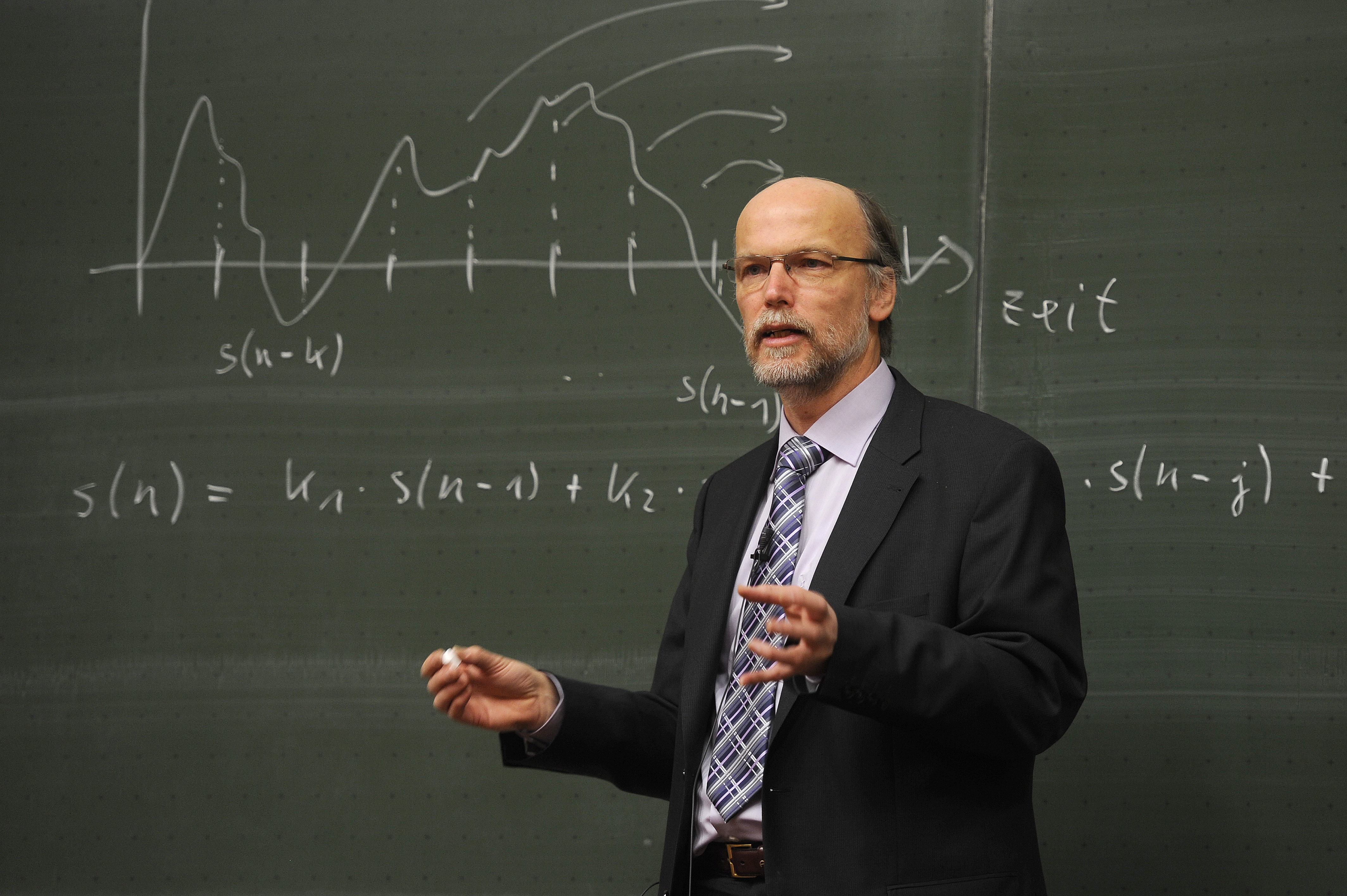Education 3.0 on:
[Wikipedia]
[Google]
[Amazon]
 Education 3.0 is an
Education 3.0 is an
Education 3.0 LinkedIn group
GETideas.org
Equipping Every Learner for the 21st Century
Educational technology
 Education 3.0 is an
Education 3.0 is an umbrella term
Hypernymy and hyponymy are the wikt:Wiktionary:Semantic relations, semantic relations between a generic term (''hypernym'') and a more specific term (''hyponym''). The hypernym is also called a ''supertype'', ''umbrella term'', or ''blanket term ...
used by educational theorist
Education sciences, also known as education studies or education theory, and traditionally called ''pedagogy'', seek to describe, understand, and prescribe education including education policy. Subfields include comparative education, educationa ...
s to describe a variety of ways to integrate technology into learning. According to Jeff Borden, Education 3.0 entails a confluence of neuroscience, cognitive psychology, and education technology, using web-based digital
Digital usually refers to something using discrete digits, often binary digits.
Businesses
*Digital bank, a form of financial institution
*Digital Equipment Corporation (DEC) or Digital, a computer company
*Digital Research (DR or DRI), a software ...
and mobile technology
Mobile technology is the technology used for Cellular network, cellular communication. Mobile technology has evolved rapidly over the past few years. Since the start of this millennium, a standard mobile device has gone from being no more than a s ...
, including apps, hardware and software, and "anything else with an ''e'' in front of it." Instead of viewing digital technology as a competitor to current teaching models, Education 3.0 means actively embracing new technologies to see how they can help students learn efficiently. Writer Michael Horn describes it as moving "beyond mass education to mass-customized education through blended learning," using the flexibility of technology to help students of varying backgrounds and skills. The term has been included in the term ''Entrepreneurship Education 3.0'' which denotes a broadening of entrepreneurship education with interdisciplinary appeal for non-business majors, according to a report in ''Technically Philly'' magazine.
With Education 3.0, classes move away from traditional lectures and instead focus on interactive learning, with question and answer sessions, reviews and quizzes, discussions, labs, and other project-based learning. It usually involves customization and personalization, such that educational content is tailored to meet the needs of specific students. It can mean reversing the traditional classroom learning, in which lectures happen in class and homework is done out of class, into flipped classroom
A flipped classroom is an instructional strategy and a type of blended learning. It aims to increase student engagement and learning by having pupils complete readings at home, and work on live problem-solving during class time. This pedagogical ...
s, such that new content is delivered online while students work on assignments together in class.
The term has been used by educational theorists in South Korea
South Korea, officially the Republic of Korea (ROK), is a country in East Asia. It constitutes the southern half of the Korea, Korean Peninsula and borders North Korea along the Korean Demilitarized Zone, with the Yellow Sea to the west and t ...
and in Latin America
Latin America is the cultural region of the Americas where Romance languages are predominantly spoken, primarily Spanish language, Spanish and Portuguese language, Portuguese. Latin America is defined according to cultural identity, not geogr ...
. According to a report in ''Forbes magazine
''Forbes'' () is an American business magazine founded by B. C. Forbes in 1917. It has been owned by the Hong Kong–based investment group Integrated Whale Media Investments since 2014. Its chairman and editor-in-chief is Steve Forbes. The c ...
'', schools such as the Korea Advanced Institute of Science and Technology or KAIST
KAIST (originally the Korea Advanced Institute of Science and Technology) is a national university, national research university located in Daedeok Innopolis, Daejeon, South Korea. KAIST was established by the Korean government in 1971 as the ...
are actively exploring Education 3.0. In Latin America, ''Educación 3.0'' is being explored as a way to make education affordable to impoverished people throughout the region, and to help ameliorate poverty
Poverty is a state or condition in which an individual lacks the financial resources and essentials for a basic standard of living. Poverty can have diverse Biophysical environmen ...
.
References
Further reading
* Keats, D., Schmidt, J.P., The Genesis and Emergence of Education 3.0 in higher education and its potential for Africa, ''First Monday'', volume 12, number 3 (March 2007).{{cite web, url=http://firstmonday.org/issues/issue12_3/keats/index.html , title=Volume 12, Number 3 — 5 March 2007 , publisher=Firstmonday.org , date=2007-03-05 , access-date=2015-08-01External links
Education 3.0 LinkedIn group
GETideas.org
Equipping Every Learner for the 21st Century
Educational technology